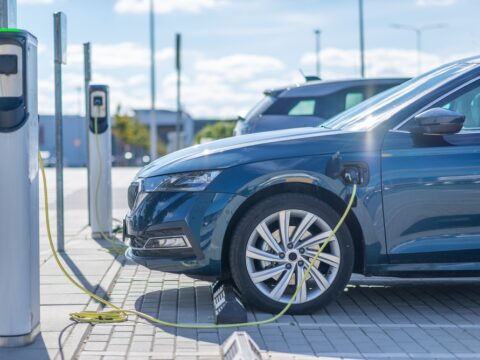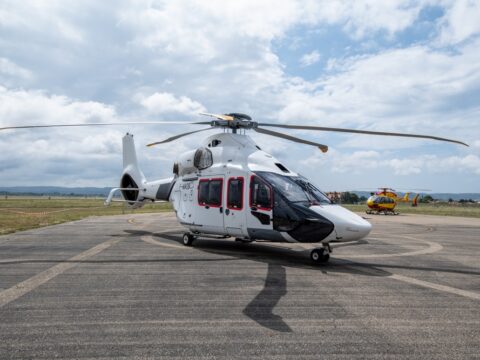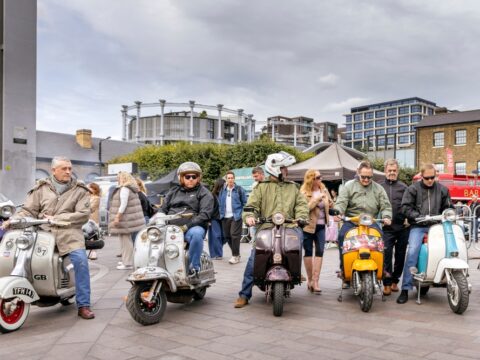In recent years, transportation startups have promised to revolutionize the way we move, with bold visions of faster, greener, and more efficient travel. But for every success, there are companies that struggled to gain traction and ultimately failed to make the impact they hoped for. In this article, we take a look at 12 transportation startups that aimed high but couldn’t quite transform the industry as planned.
Contents
Ofo
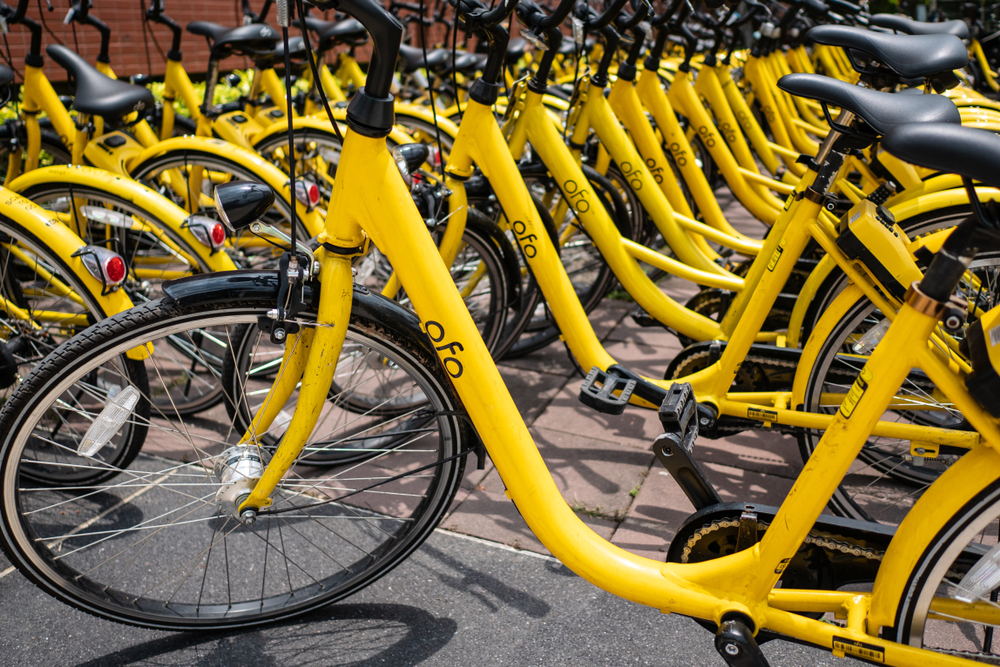
A Chinese bike-sharing company that expanded internationally, Ofo introduced dockless bike-sharing. However, it struggled with operational challenges, over-expansion, and financial losses, ultimately filing for bankruptcy.
Mobike
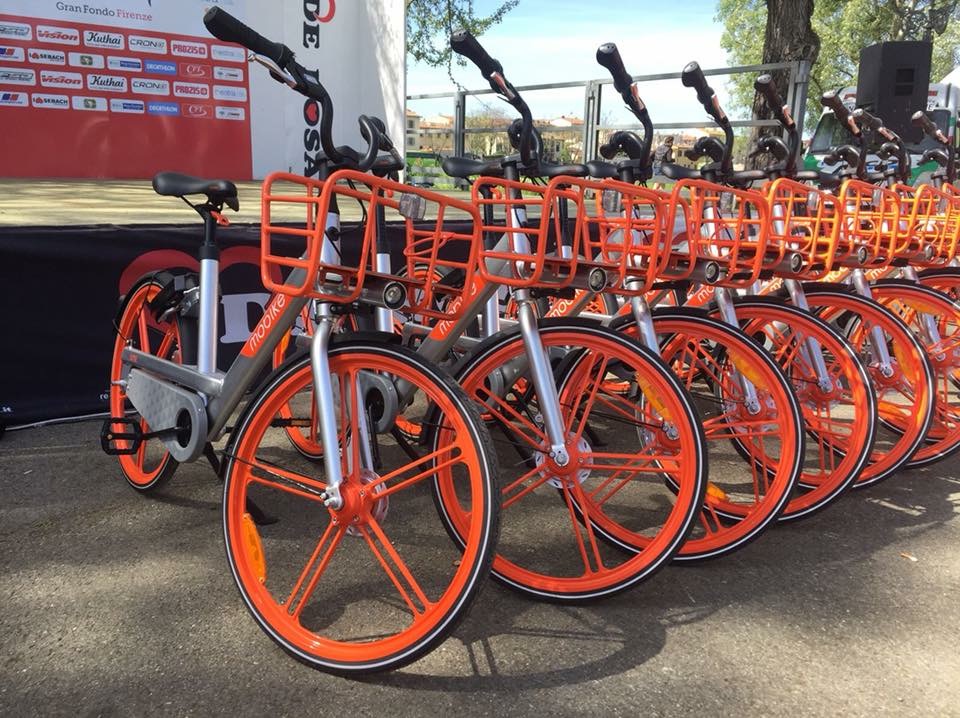
Another Chinese bike-sharing startup, Mobike also expanded rapidly but faced similar challenges as Ofo. It was acquired by Meituan, a tech giant, and its bike-sharing business was gradually scaled down.
Better Place
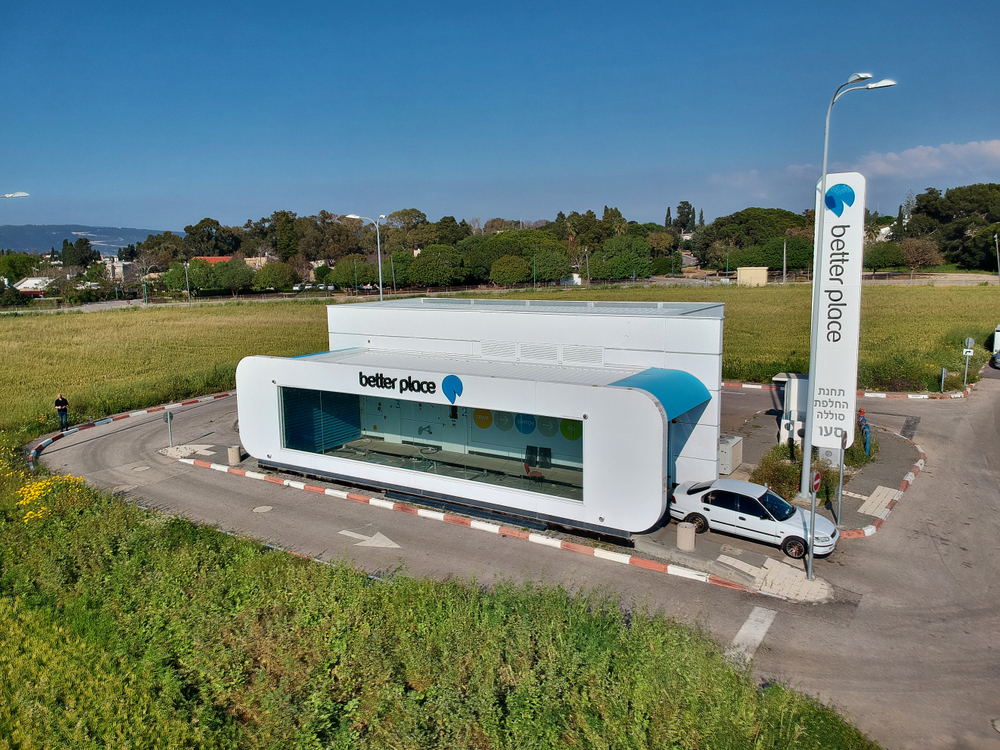
This electric vehicle company sought to build a network of battery-swapping stations. The high cost of infrastructure, a lack of industry adoption, and poor business decisions caused the company to file for bankruptcy in 2013.
Car2Go
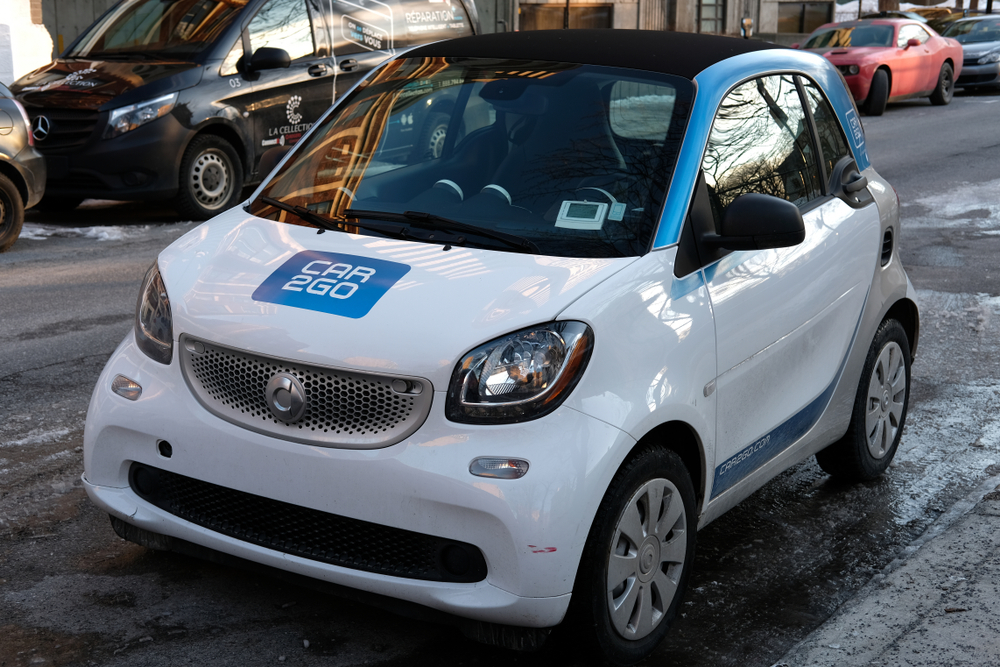
A short-term car rental service that offered one-way trips, Car2Go couldn’t manage operational costs and faced competition from ride-hailing apps. It eventually ceased operations in North America.
Zagster
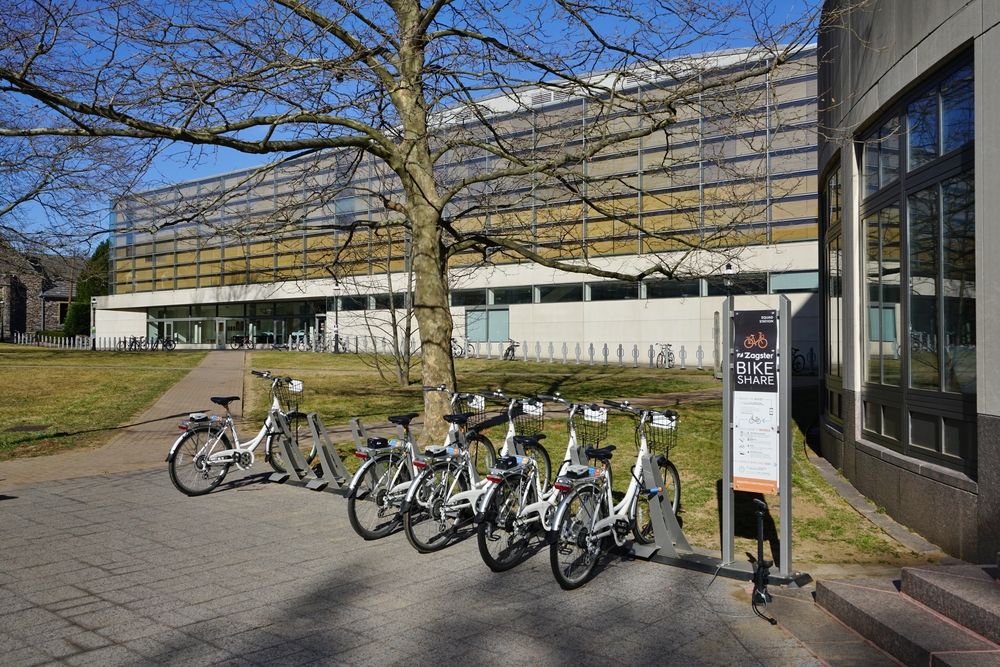
A bike-sharing platform that focused on small-to-medium-sized cities and campuses, Zagster faced stiff competition from larger, better-funded bike-sharing giants and eventually shut down during the COVID-19 pandemic.
Bridj
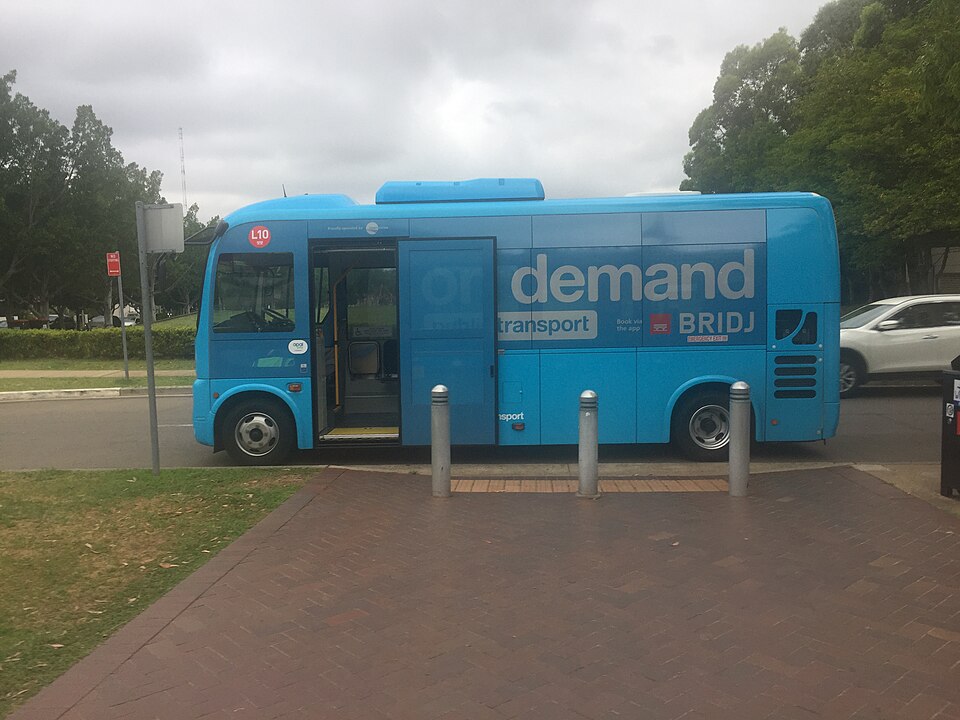
Bridj provided on-demand mass transit services using data to optimize routes. Despite backing and its innovative approach, it struggled to gain traction and scale in cities, shutting down operations in 2017.
BoltBus
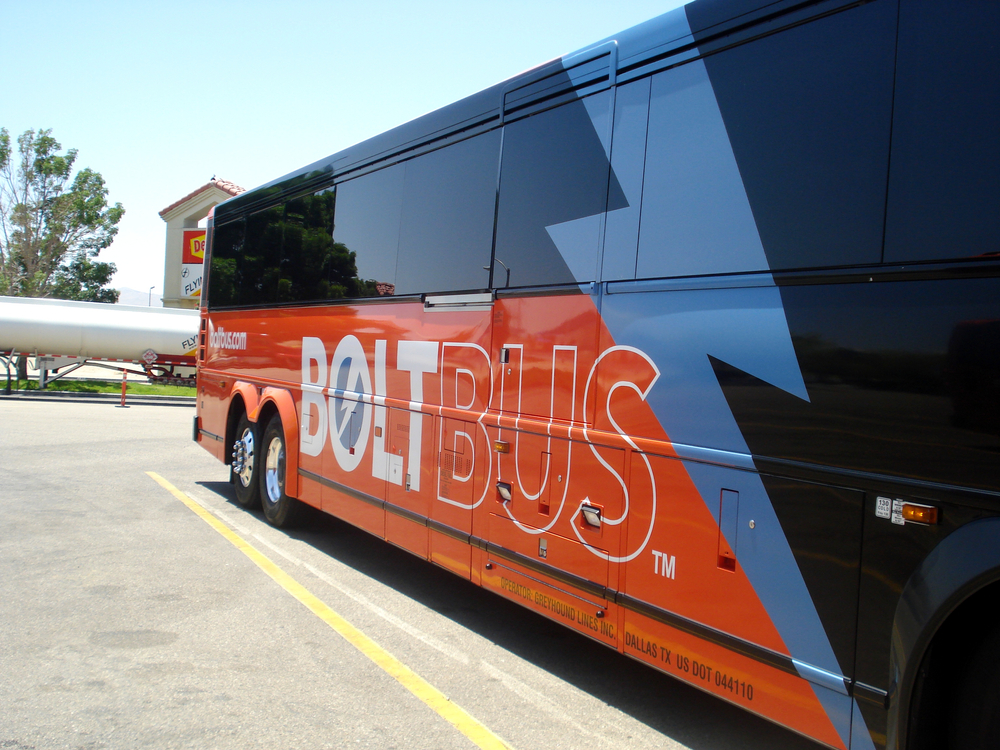
A luxury bus service that promised affordable, upscale travel between major cities. It offered conveniences like Wi-Fi and spacious seating, but the business model failed to scale profitably, leading to its closure in 2021.
Flexcar
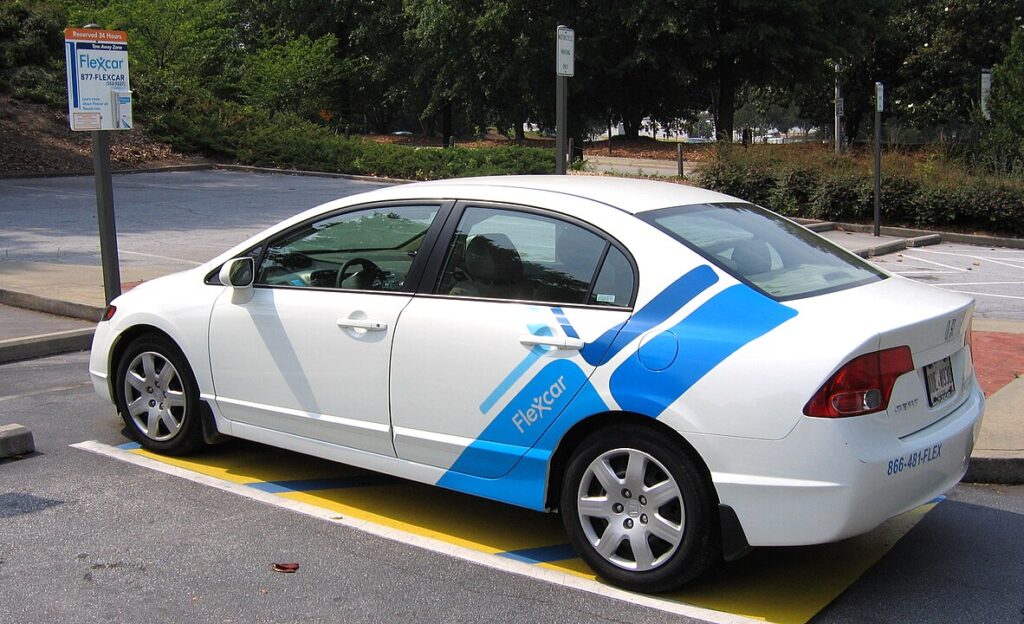
A pioneer in car-sharing, Flexcar launched before Zipcar but failed to scale as effectively. Operational costs and competition in the early stages of car-sharing led to its acquisition and later shutdown.
HeliFlite
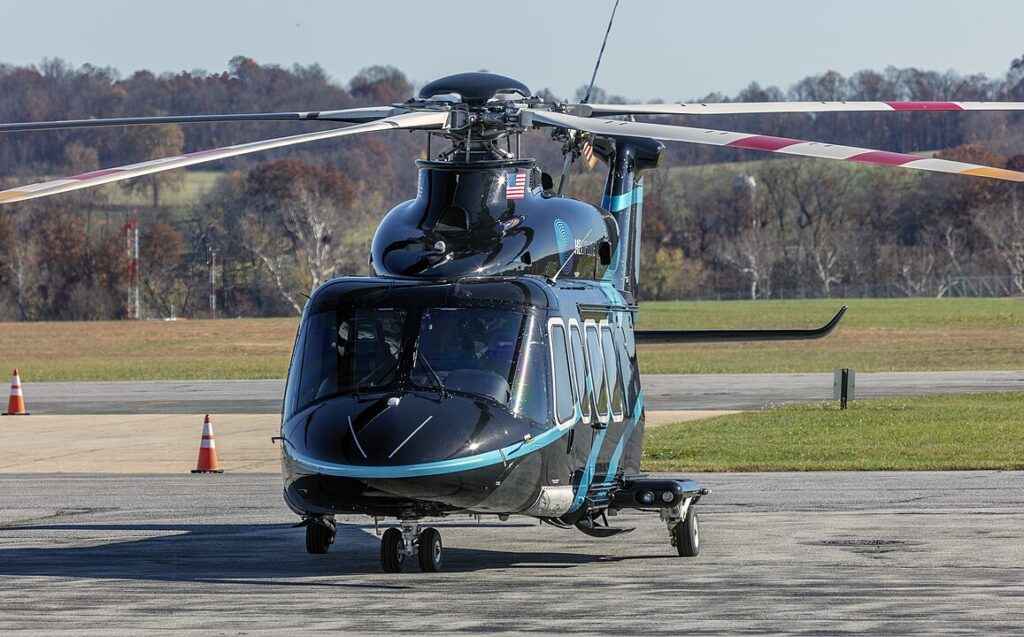
An on-demand helicopter service targeting high-net-worth individuals for short regional flights, HeliFlite struggled with high operating costs and limited demand, causing it to fail.
Scoot
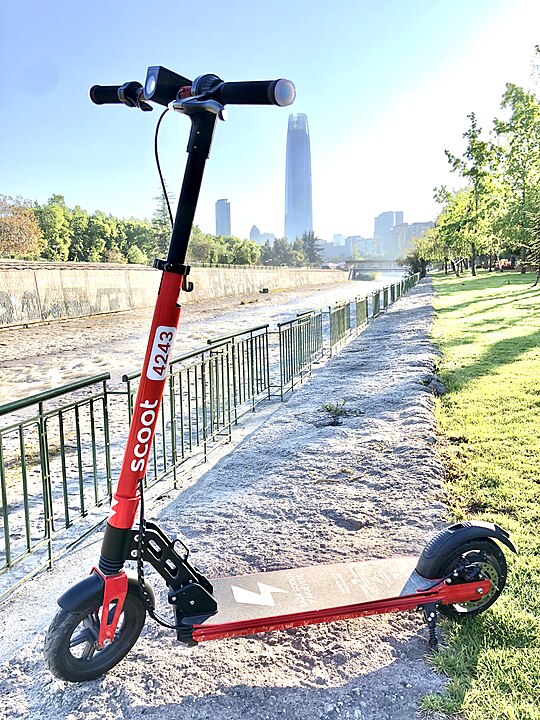
A scooter rental startup offering electric scooters, Scoot was acquired by Bird but failed to expand its footprint as the scooter-sharing market became oversaturated and regulatory challenges increased.
Gogoro
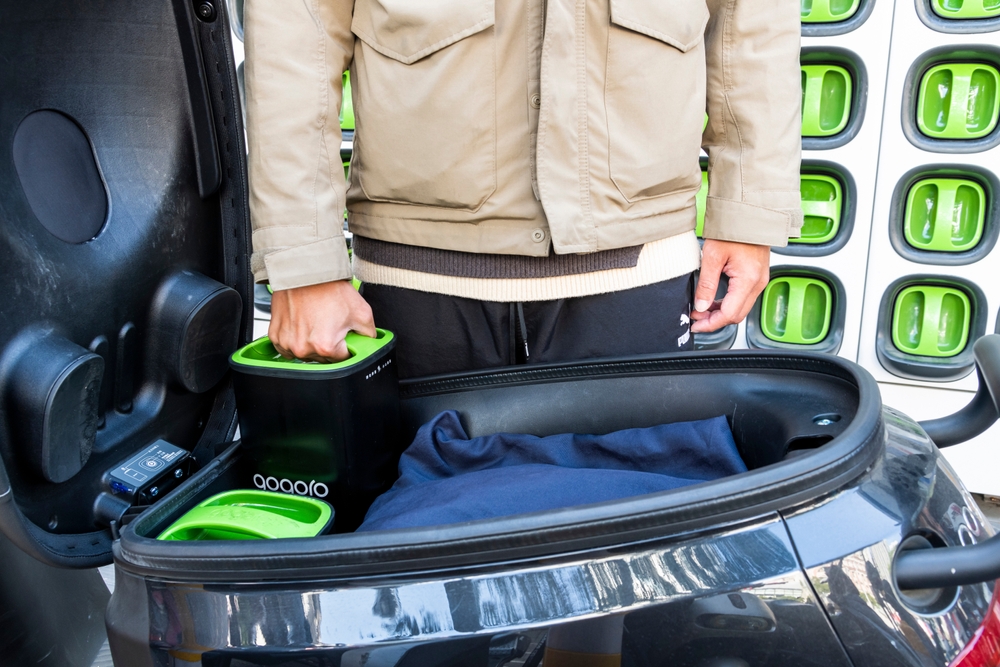
An electric scooter-sharing service with swappable batteries, Gogoro had a strong start in Taiwan but failed to expand successfully outside the region due to high costs and fierce competition.
Zoox
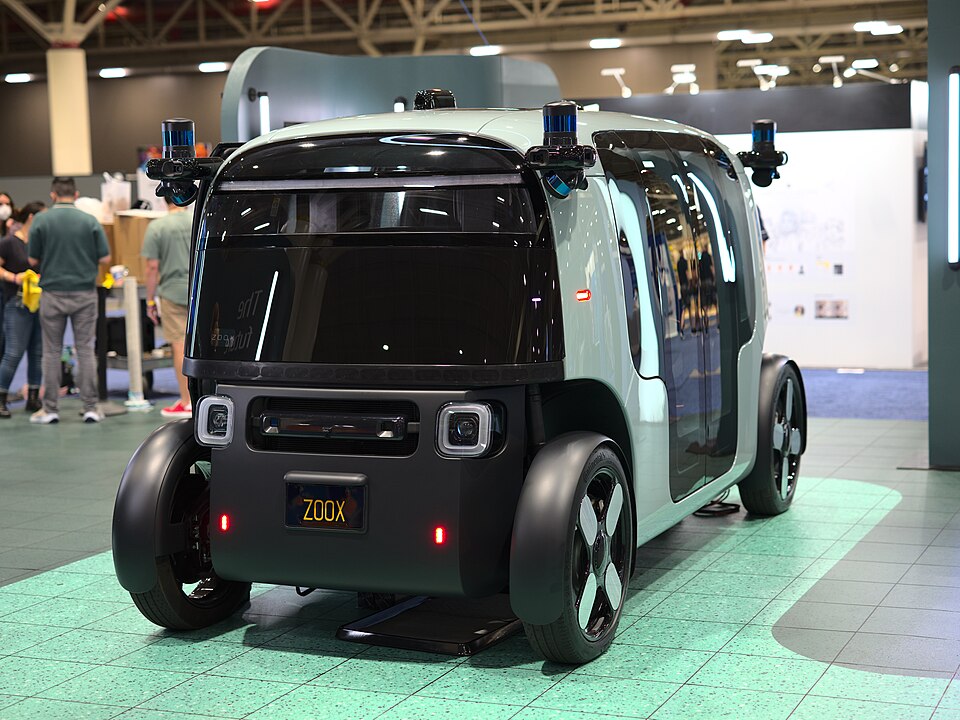
Zoox was an autonomous vehicle startup with grand ambitions to create fully self-driving, purpose-built vehicles. Although it was acquired by Amazon, the company struggled to bring its vision to market and failed to revolutionize the transportation space as originally intended.
This article originally appeared in MyCarMakesNoise.
More from MyCarMakesNoise
Top 15 Common Electric Vehicle Repairs You Should Be Aware Of

Owning an electric vehicle (EV) comes with its unique set of benefits, but it also requires a different approach to maintenance and repairs. While EVs are generally reliable, they do have their own set of common issues. Read More
13 Incredible Lamborghini Prototypes That Never Made It to Market
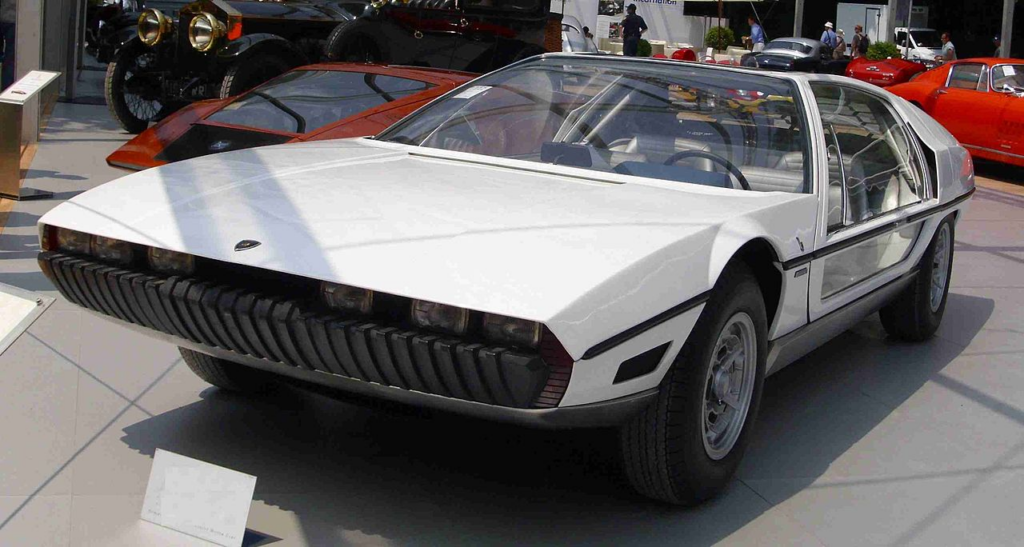
Lamborghini has always been synonymous with groundbreaking design and innovation. However, not every creation made it to the production line. In this article, we’ll explore 13 stunning Lamborghini prototypes that, despite their incredible potential, were never released. Read More
20 Iconic Car Redesigns That Set a New Standard in the Industry
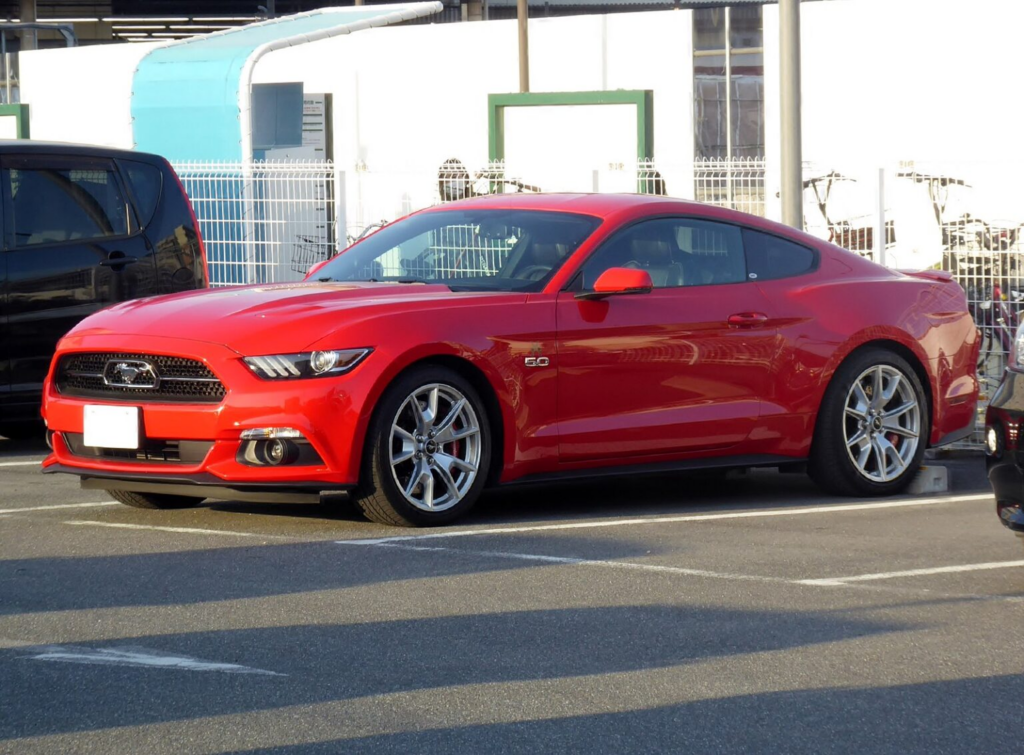
Car redesigns can transform ordinary vehicles into extraordinary machines. In this list, we explore 20 stunning car redesigns that changed everything, turning lackluster models into iconic rides. Read More


